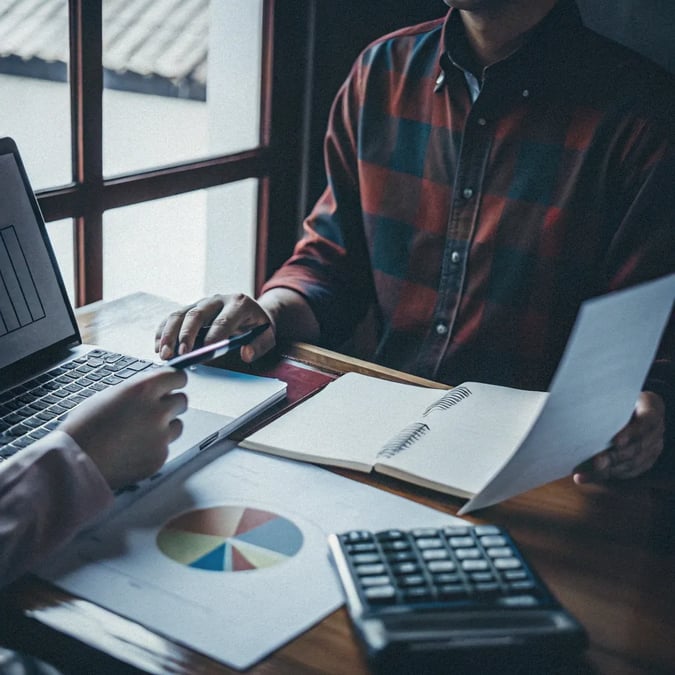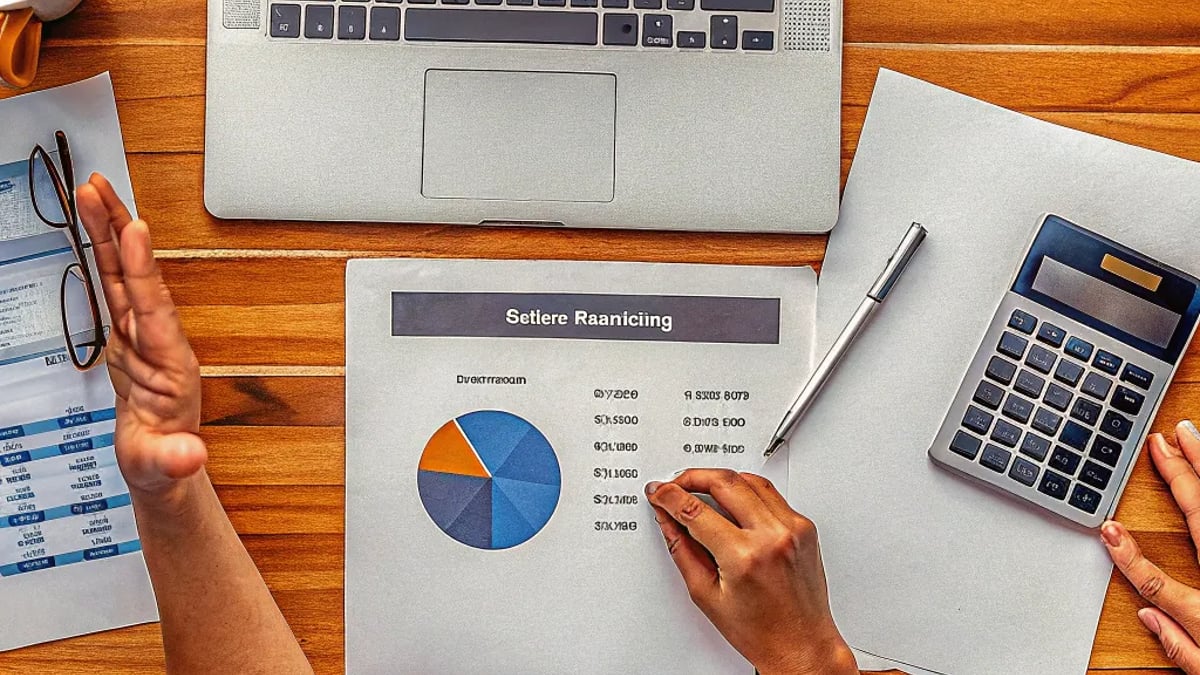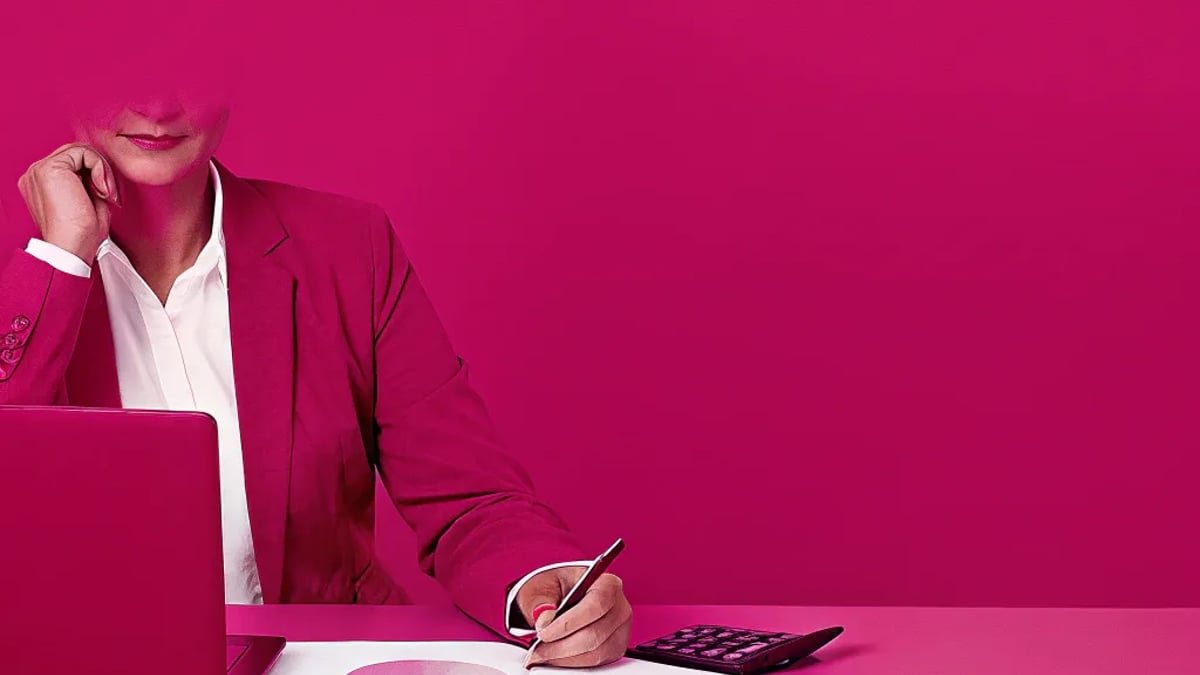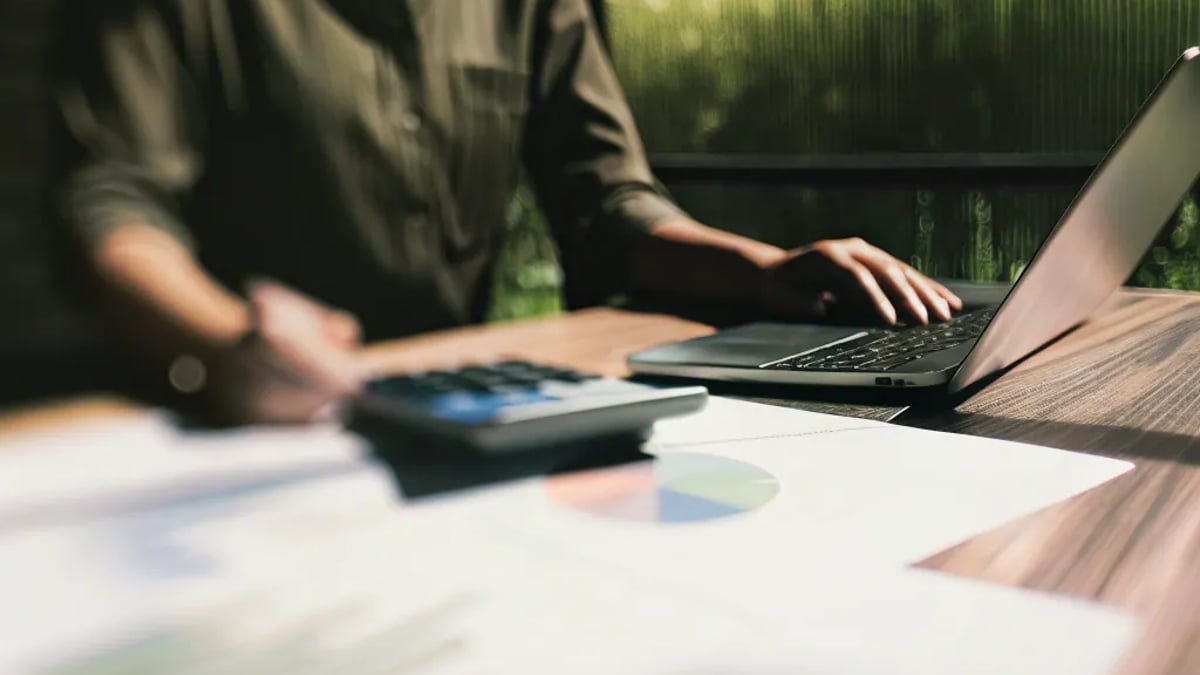
Have you ever reached the end of the month wondering where all your money went? I certainly have. For years, I lived paycheck to paycheck despite earning a decent income. My financial turning point came when I discovered zero-based budgeting—a method that transformed my relationship with money and gave me back control over my financial life.
What Is Zero-Based Budgeting?
Zero-based budgeting isn't about spending zero dollars or living like a miser. Instead, it's a straightforward concept: give every single dollar of your income a specific job before the month begins. As Dave Ramsey's team explains, this method ensures "you give every dollar a job to do" until your income minus expenses equals zero.
Unlike traditional budgeting where you might set aside vague amounts for general categories, zero-based budgeting demands intention and specificity. Every dollar gets assigned a purpose—whether that's paying bills, building savings, or funding your coffee habit.
How I Started My Zero-Based Budget Journey

My first attempt at zero-based budgeting was honestly a mess. I sat down with my bank statements, a notepad, and a strong cup of coffee one Saturday morning. The process was eye-opening and slightly terrifying.
I discovered I was spending nearly $300 monthly on random takeout meals—money that disappeared without providing much satisfaction or value. I also found subscription services I'd forgotten about that were quietly draining my account each month.
Here's how I structured my approach:
- I calculated my total monthly income (after taxes)
- Listed all my fixed expenses (rent, utilities, loan payments)
- Assigned amounts to variable necessities (groceries, gas, etc.)
- Allocated funds for savings and debt paydown
- Distributed remaining money across discretionary categories
The goal was simple: Income – Expenses = $0
The Unexpected Benefits Beyond Saving Money

While I expected to save more money (which I did), the psychological benefits surprised me most. Before zero-based budgeting, I felt anxious whenever I spent money, wondering if I should be saving it instead. Conversely, when I saved money, I worried about bills I might have forgotten.
Zero-based budgeting eliminated that anxiety. When I spend $50 on dinner with friends, I enjoy it fully because that money was specifically budgeted for socializing. My savings grow consistently because those dollars are assigned to savings before they can be spent elsewhere.
According to financial wellbeing experts at the University of Florida, this approach helps individuals "gain insight into and potentially alter their spending habits." That certainly proved true for me—seeing my spending patterns laid bare helped me realign my money with my actual priorities.
Adapting to Variable Income
One challenge I faced was adapting this method to my somewhat irregular income. As a freelancer, my monthly earnings fluctuate significantly. If you're in a similar situation, here's what worked for me:
I created a "bare bones" budget covering absolute essentials, then prioritized a list of where additional income would go. When I have a better month, I know exactly where those extra dollars should be directed—usually toward emergency savings first, then debt paydown, and finally quality-of-life improvements.

Discover Financial Services notes that with variable income, "your income and expenses should balance out to zero based on your lowest expected monthly income." This conservative approach ensures you can always cover necessities.
The Envelope System: My Analog Hack for Problematic Spending
For categories where I struggled with overspending (dining out and impulse shopping), I implemented the cash envelope system. I withdraw the budgeted amount in cash at the beginning of the month and place it in labeled envelopes. When an envelope is empty, that's it—no more spending in that category until next month.
This tangible limitation was crucial during my early budgeting days. Seeing the physical cash dwindle made spending decisions much more intentional than the abstract swipe of a card.
How Zero-Based Budgeting Changed My Financial Life
The transformation didn't happen overnight. My first three months involved frequent budget adjustments as I learned what was realistic. But gradually, I gained confidence and clarity.
Within six months, I had:
- Built my first-ever emergency fund ($1,000)
- Paid off two nagging credit card balances
- Started contributing to retirement consistently
- Reduced my money stress significantly
As United Way's financial literacy materials point out, "Budgeting gives you peace of mind as you gain control over your finances." That peace of mind has been the greatest reward—worth far more than the actual dollars saved.
Getting Started: Your First Zero-Based Budget
Ready to try zero-based budgeting yourself? Start simple:
- Track your spending for two weeks to understand your habits
- List all income sources for the upcoming month
- List every expense category, including savings
- Assign specific dollar amounts until you reach zero
- Track spending throughout the month
- Adjust as needed—your first budget won't be perfect
Remember, the goal isn't budgeting perfection but progress toward financial control. As the experts at My100Bank suggest, "Even when money is tight, small steps can help you regain a sense of control."
Disclaimer: This article is based on personal experience and is for informational purposes only. It is not intended as financial advice. Financial strategies should be tailored to your individual situation, goals, and local regulations.
Tags

About Elena Schwarzkopf the Author
Elena Schwarzkopf is a seasoned finance writer with over a decade of experience in crafting actionable budgeting tips that help individuals regain control over their finances. Known for her practical approach, Elena's insights empower readers to transform their financial habits and achieve their savings goals.
Recommended Articles
Finding Reliable Cars at Police Impound Sales
Explore how to find reliable vehicles at police impound sales and learn valuable tips for successful bidding and inspection.
8 Bulk Buys That Can Save You Over Time
Discover 8 bulk buys that can save you money over time, from rice to cleaning supplies. Learn to shop smart and save!
Zepbound for Sleep Apnea? Here’s What to Know
Discover how Zepbound, an FDA-approved medication, may aid in treating sleep apnea linked to obesity through weight loss and lifestyle changes.
Why Everyone Is Buying This Christmas Decoration Early This Year
This year, early Christmas decoration shopping is on the rise, driven by consumer behavior and past supply chain disruptions.
Goodbye Plain Concrete: The Driveway Look Everyone Wants
Transform your dull concrete driveway with stylish alternatives! Discover options that enhance curb appeal and boost your home's value.




